Nous avons le plaisir de présenter nos cinq conférencier·ère·s invité·e·s qui viennent de partout à travers le pays et de plusieurs domaines de la linguistique légale.
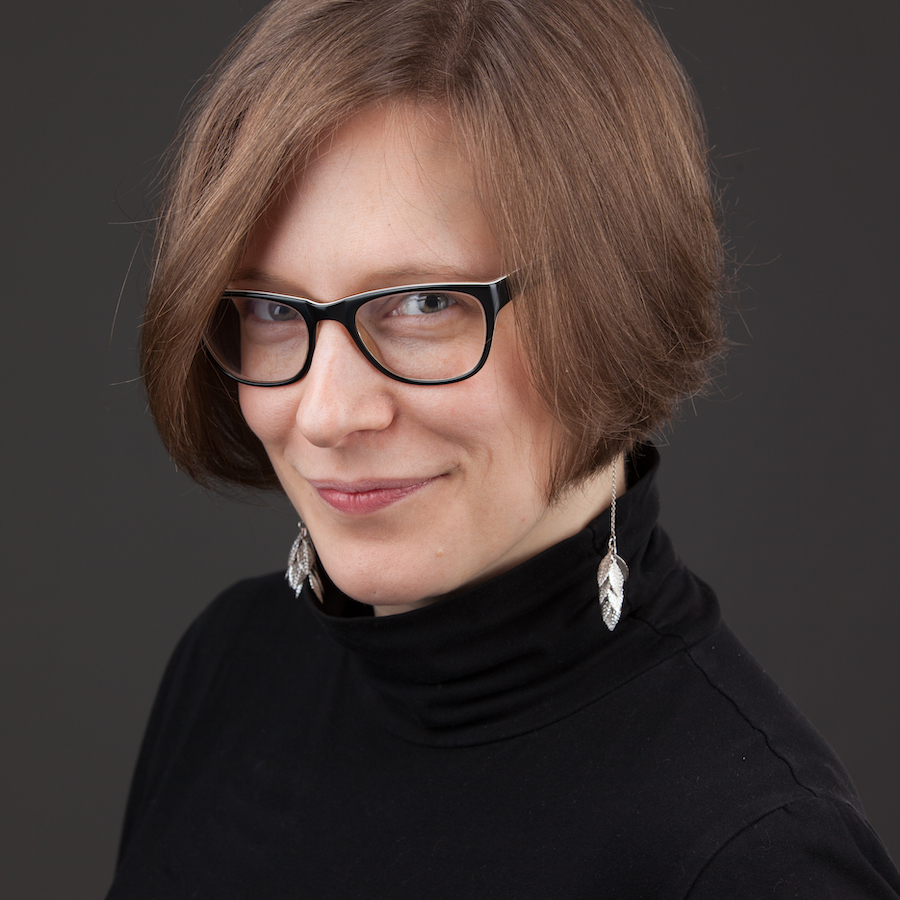
Dr. Elizabeth Allyn Smith
Université du Québec à Montréal, QC
Elizabeth Allyn Smith, Ph.D., est Professeure titulaire de linguistique à l'Université du Québec à Montréal (UQAM) et membre associé de l'American Academy of Forensic Sciences. Elle est rédactrice en chef adjointe de l'International Review of Pragmatics et fait partie du comité de rédaction de la revue à accès libre Semantics and Pragmatics. Elle se spécialise dans les différences de signification nuancées (qu'elles soient sémantiques, pragmatiques ou sociolinguistiques) et leur relation avec la cognition, notamment dans les applications légales. En plus de ses travaux publiés, elle a donné plus de 50 présentations sur cinq continents. Ses recherches ont été diffusées à l'émission Électrons Libres de Télé-Québec et dans des magazines de vulgarisation scientifique pour adultes (Québec Science) et adolescents (Curium).
The effect on long term memory of definite presuppositions in interrogatives with or without conditional filter in Quebec French: Consequences for legal contexts
In this presentation, I will start by going over a paradigm used in psychology to test the effect of presuppositions on memory by presenting a semi-reproduction in Quebec French of some original experiments. I show that questions with a definite presupposition, such as “What colour was the thief’s hood?”, have the ability to supplant the memory of witnessed events. Then I present the results of some subsequent experiments exploring the effects that conditional antecedents can have on memory (e.g., “If he was wearing one, what colour was the thief’s hood?”). Finally, I discuss the implications of those results for witnesses during police interviews and for the jury during lawyers’ interrogation.
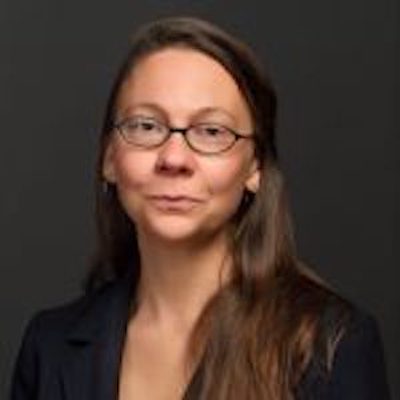
Dr. Lorna Fadden
BC First Nations Justice Council, BC
Dr. Lorna Fadden est avocate et linguiste juridique. Elle pratique en défense criminelle pour le BC First Nations Justice Council. Avant de devenir avocate en 2020, Lorna était membre facultaire à l’Université Simon Fraser, où elle était également coordinatrice pour les langues des Premières Nations. Sa recherche en linguistique juridique informe sa pratique légale, lui octroyant un point de vue unique sur les déclarations de témoins et le discours de procès. Elle a servi en tant que témoin experte pour une variété de cas civils et criminels dans lesquels la langue est un point central. Lorna est l’autrice de Communicating Effectively with Indigenous Clients, une publication des Aboriginal Legal Services.
But We’re All Speaking English!
Language plays a central role in everything we do. Evidence is collected in the form of statements, those statements find their way into court; questions are asked and answered steering the course of trials; and all the while, police, lawyers, and triers of fact are assessing credibility. The centrality of language to legal proceedings cannot be overstated, and for that reason, it is important that we have a full understanding of the assumptions and biases at work with all justice system participants.
Study after study has shown that Indigenous people are still getting a rough ride through the criminal justice process and systemic racism at the root of it has been acknowledged by governments, by police services, and by the legal profession. A range of factors converge to entrench systemic racism, and the one with which we concern ourselves in this talk is a linguistic perspective. Indigenous people speak varieties of English that differ from other speech communities throughout Canada, and I argue that the features of these varieties of English result in assessments that are rarely favourable to Indigenous witnesses. This talk will survey some of these features, and show lawyers how to minimize the damage that can occur in cross-cultural interactions.
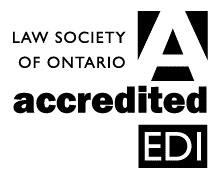
Ce programme contient 1 heure de professionnalisme EDI.
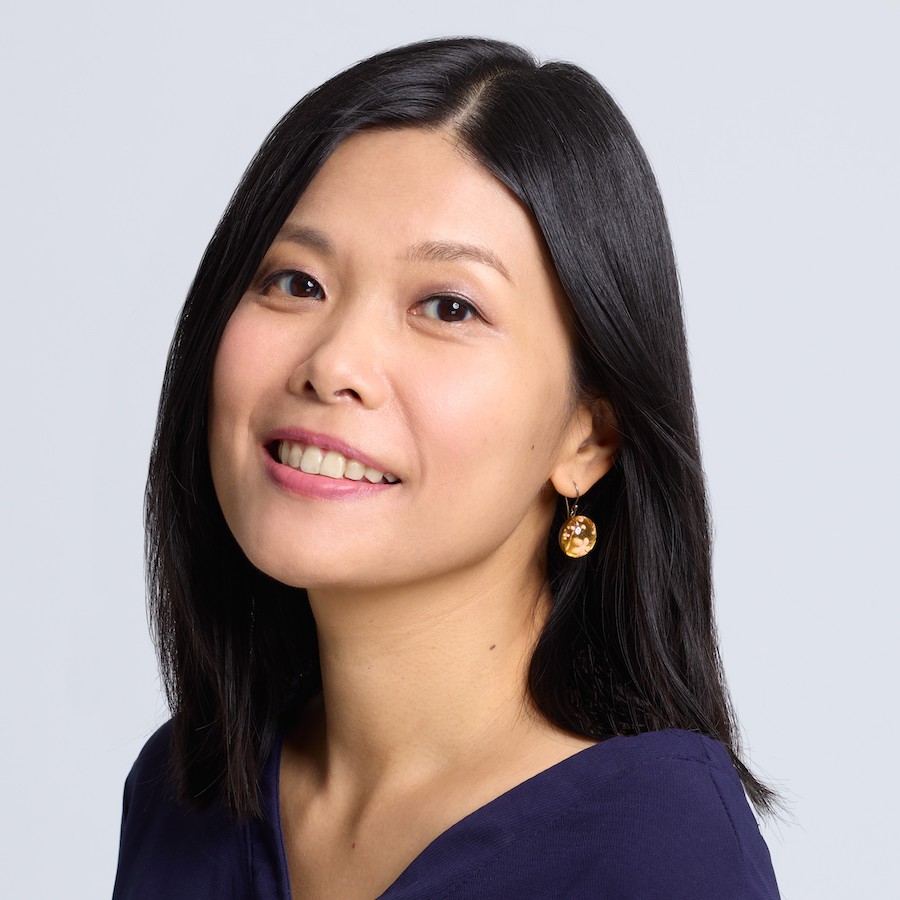
Dr. Janny Leung
Wilfrid Laurier University, ON
Janny Leung est doyenne de la faculté des Liberal Arts à l’Université Wilfrid Laurier, où elle est également professeure de droit et société, et professeure d’anglais. Elle a été professeure de linguistique et a occupé la position de Head of School of English à l’Université de Hong Kong. Elle a obtenu sa maitrise en philosophie ainsi que son doctorat en anglais et en linguistique appliquée de l’Université Cambridge, un LLB de l’Université de Londres, et LLM de l’Université de droit de Yale. Son enseignement et sa recherche portent sur les disciplines du droit et de la linguistique.
Elle est l’autrice et l’éditrice de trois livres, et de plus de trente articles et chapitres de livres académiques, incluant une monographie récompensée intitulée Shallow Equality and Symbolic Jurisprudence in Multilingual Legal Orders, publiée chez les presses universitaires Oxford. Elle a été éditrice de soumissions pour le Yale Journal of Law and the Humanities ainsi qu’éditrice des English Book Reviews et membre de l’International Advisory Board pour l’International Journal for the Semiotics of Law. Entre 2017 et 2021, elle a siégé sur l’Executive Committee of the International Association of Forensic Linguists.
Leung reçoit le prix Outstanding Young Researcher de l’Université de Hong Kong en 2017-2018 et celui de Outstanding Teaching Award en 2018-2019. Elle a été chercheuse invitée à l’institut Harvard Yenching, chercheuse internationale invitée à l’Université China Normal, associée Luce East Asia au National Humanities Center (É.-U.) et récipiente du Research Grants Council’s Humanities and Social Sciences Prestigious Fellowship Scheme.
Linguistic Equity in The Digital Society
The talk discusses new ways in which linguistic injustices are experienced as a result of the digital revolution, teases out the increasingly important role private actors play in alleviating and aggravating linguistic inequalities, and contemplates implications for linguistic justice as the digital medium encroaches our daily life. Taking an interdisciplinary perspective that draws from linguistic and legal studies, the talk will cover the questions of to what extent linguistic injustices in the offline world are identical to what is experienced digitally, and whether some of the solutions proposed remain relevant. It will also examine how linguistically diverse groups experience the digital speech environment differently and what potentially equalizing measures could be adopted.
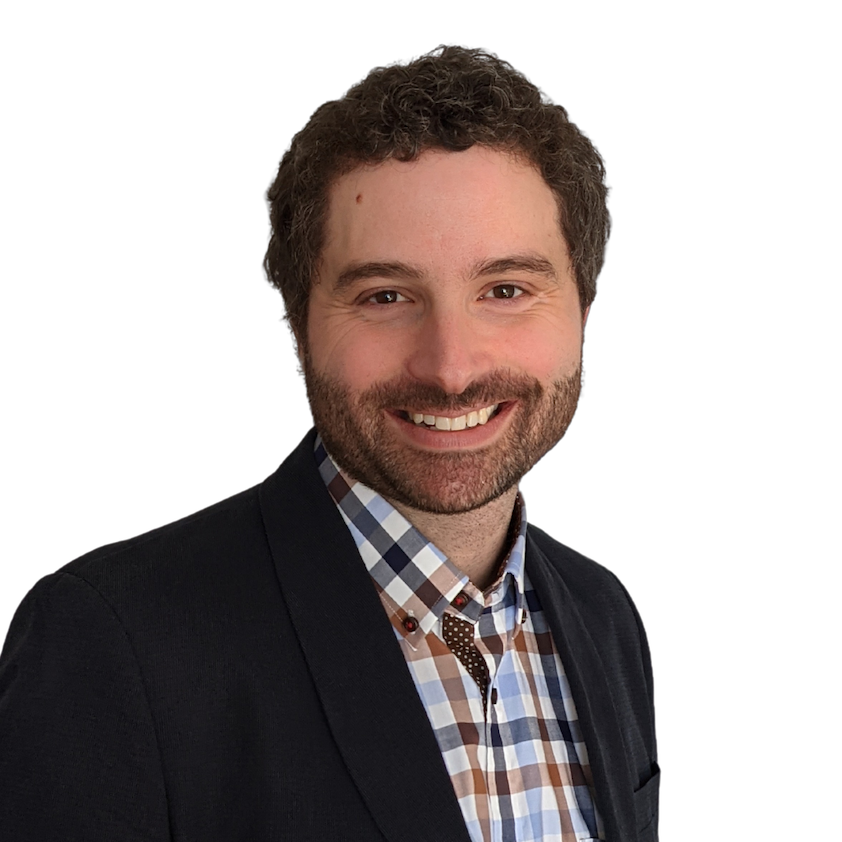
Dr. Kirk Luther
Carleton University, ON
Dr. Kirk Luther est assistant professeur au département de psychologie à l’Université Carleton. Ses intérêts de recherche portent sur la conservation des droits des adultes et des jeunes ainsi que sur la recherche et la pratique des entrevues d’enquêtes. Dr. Luther et son équipe travaillent à développer un modèle théorique des facteurs cognitifs, sociaux et linguistiques qui affectent la capacité des individus à comprendre des informations légales complexes. Lorsqu’il ne conduit pas de recherche, il s’occupe en pourchassant et amusant ses trois petits chenapans.
On the Comprehension of Interrogation Rights: Lessons Learned and Moving Forward
When arrested by the police, adults and youth are afforded a set of legal rights (e.g., Right to Silence, Right to Legal Counsel). It is essential that detainees comprehend these rights so they are able to exercise them and make informed decisions during their interactions with police. Comprehension of legal rights is an applied problem that spans across social, cognitive, and developmental psychology as well as linguistics. During this talk, I will discuss what we have learned, and have yet to learn, about legal rights comprehension during more than 10 years of research.
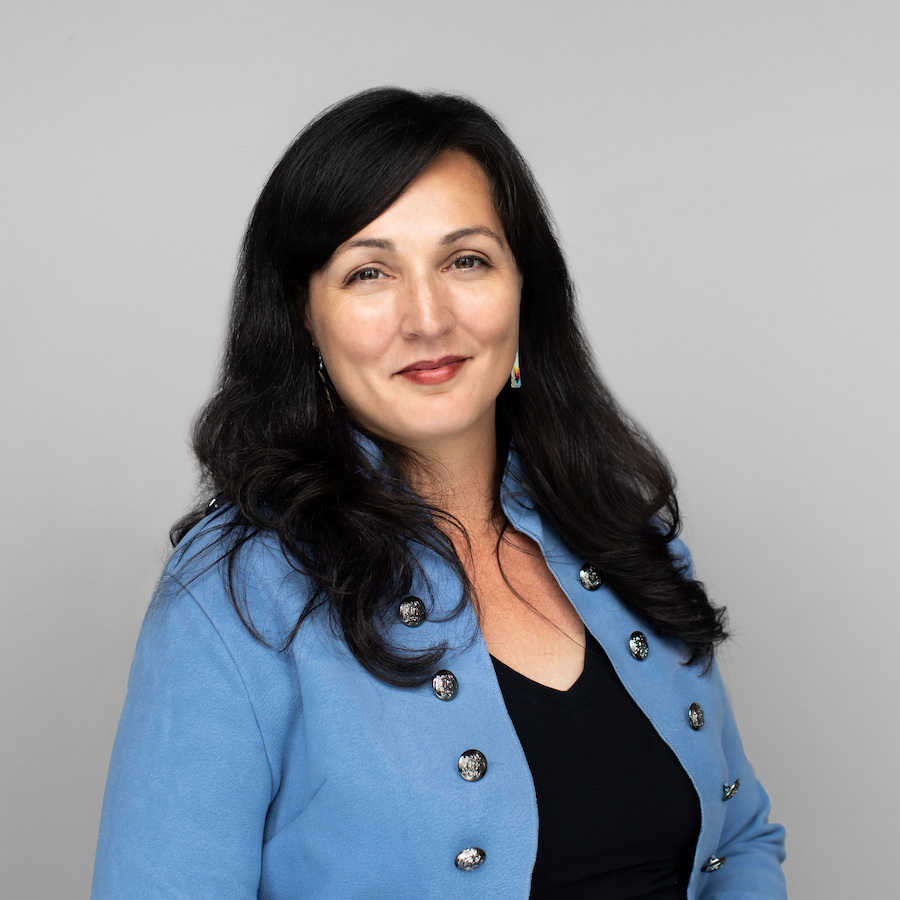
Professor Naiomi Metallic
Dalhousie University, NS
Naiomi est de la Première Nation Mi’gmaq de Listuguj, située dans le district Gespègewàgi de Mìgmàgi (sur la côte gaspésienne du Québec). Elle est détentrice d’un baccalauréat en arts et d’un baccalauréat en droit de Dalhousie, d’un diplôme en droit civil de l’Université d’Ottawa, d’une maitrise en droit d’Osgoode et effectue présentement son doctorat à l’Université d’Alberta. Depuis juin 2016, elle est membre facultaire à temps plein à l’école de droit Schulich à l’Université Dalhousie et elle est titulaire de la Chancellor’s Chair en politique et lois aborigènes. Elle a été auxiliaire juridique pour l’hon. Michel Bastarache de la Cour Suprême du Canada en 2006-2007. Naiomi continue de pratiquer le droit avec Burchells Wickwire Byrson LLP à Halifax (où elle pratique pendant près d’une décennie avant de joindre l’école de droit, principalement le groupe de droits aborigènes). Elle est nommée sur la liste Best Lawyer in Canada® en droit aborigène depuis 2015 et a été choisie comme Top 25 Most Influential Lawyers en 2018 par le Canadian Lawyers’ Magazine dans le domaine Human Rights, Advocacy and Criminal law. Enfin, Naiomi est la fille du linguiste Mìgmaq renommé, le regretté Emmanuel Nàgùgwes Metallic, et elle apprend activement sa langue depuis 2018. Récemment, elle a utilisé sa connaissance grandissante dans les domaines des lois de revitalisation des langues autochtones et du Mìgmaq pour écrire sur les manières variées dont peut être utilisé le langage pour l’élaboration des lois autochtones.
Five Linguistic Methods for Revitalizing Indigenous Laws
Building on the ground-breaking work on the revitalization of Indigenous laws ongoing over the past decade, Professor Metallic will discuss her work on identifying and elaborating five different linguistic methods for Indigenous law revitalization, giving examples of their use and implementation. These are: 1) the ‘Meta-principle’ method; 2) the ‘Grammar as revealing worldview’ method; 3) the ‘Word-part’ method; 4) the ‘Word-clusters’ method; and 5) the ‘Place names’ method. The presentation will underscore that one does not necessarily need to be a fluent, first-language speaker to engage with linguistic methods for Indigenous law revitalization, given the various resources on Indigenous languages that are publically accessible. What is needed to draw out law from language is commitment and patience to learn and work with all resources available. Becoming a second-language speaker can go hand-in-hand with work to uncover the law that is coded in the language.
